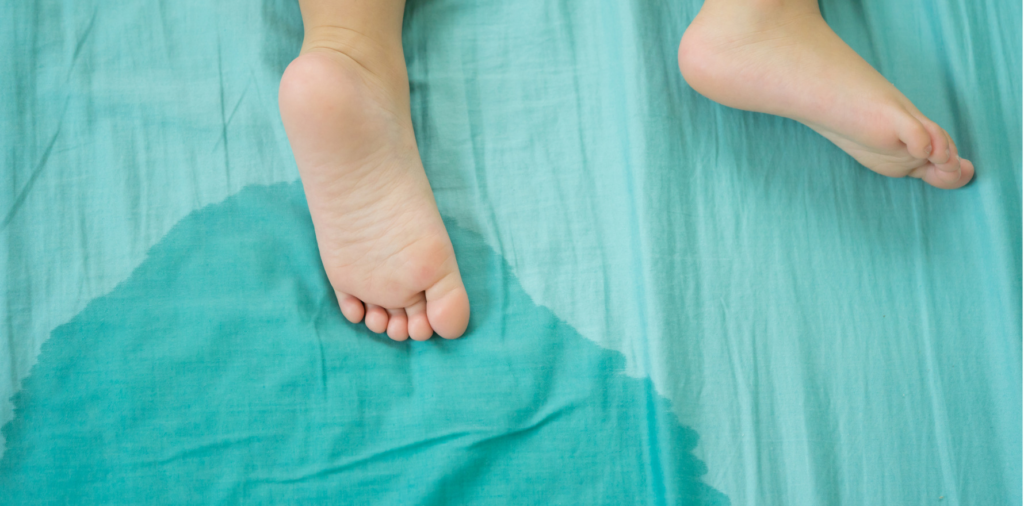Breaking The Stigma: Talking Openly About Dream-Induced Bedwetting
Bedwetting, also known as nocturnal enuresis, is a common condition that affects many children and adults. It is the involuntary release of urine during sleep without any control over it.
Bedwetting can happen due to various reasons like genetics, underlying medical conditions, or psychological issues. It’s important to understand that bedwetting is not a behavior problem but a medical condition.
Another possible cause of dream induced bedwetting is sleep apnea. This is a condition where your breathing stops and starts during the night. When your breathing stops, it can cause your blood pressure to drop and your body to become stressed. This can lead to muscle relaxation and urine leakage.

It’s common for young children under the age of five to wet their beds at night because they have not yet developed bladder control. However, if bedwetting persists beyond this age group or starts after years of being dry at night, it could be an indication of an underlying issue.
Additionally, adult bedwetting is also experienced by some individuals and can often be related to certain health conditions such as diabetes or urinary tract infections.
Bedwetting can cause embarrassment and shame in children while leading adults toward isolation and depression. Thus, understanding its causes and seeking appropriate treatment options are essential steps toward managing this condition effectively.
Bedwetting can be caused by a variety of factors. One common cause is genetics – if one or both parents wet the bed as children, their child may also experience bedwetting. Another potential cause is a small bladder capacity, which can lead to involuntary urination during the night.
In some cases, bedwetting may be caused by an underlying medical condition such as urinary tract infections or diabetes. Stress and anxiety can also contribute to bedwetting in some individuals.
It’s important to note that bedwetting is not caused by laziness or intentional behavior on the part of the individual experiencing it. It’s a physical issue that they have little control over.
